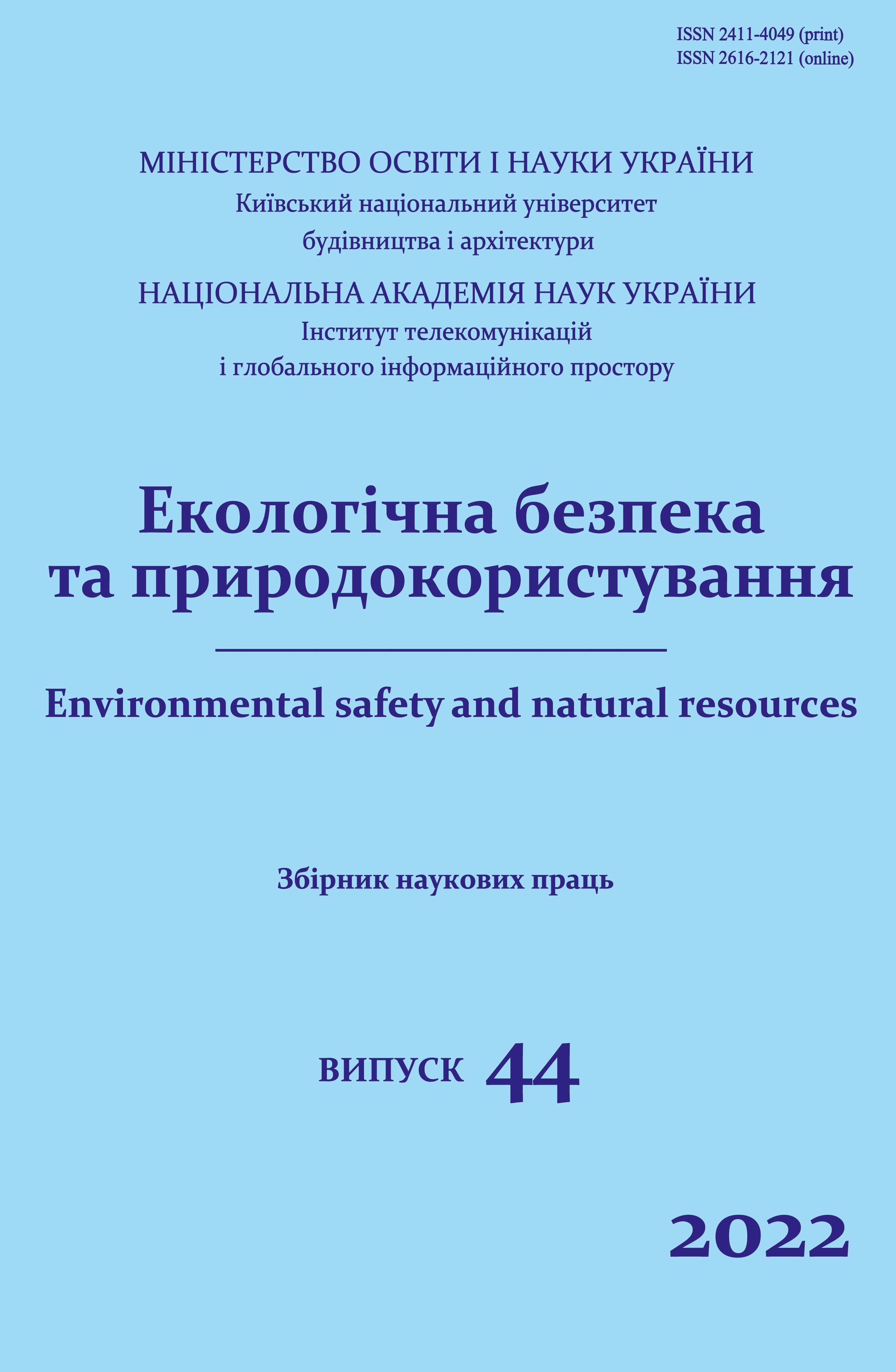Influence of climate change and enlargement of irrigated soils on qualitative indicators of river water
DOI:
https://doi.org/10.32347/2411-4049.2022.4.72-79Keywords:
the Kur river, climate changes, ion content, mineralization, biogenic elements, water qualityAbstract
It was determined that beginning from 1990s increase happened in temperature and amount of the precipitations significantly reduced. These climate changes affected the quantitative indicators of the Kur water. The ion content of the river water considerably rose in 2018 in comparison with 1952 and 1990s. This rise was more intensive towards the river mouth. In 1952 the ion sum in the Girag Kasaman station was 419,0 mg|l, but in 1990 this figure was 608,3 mg|l, in 2018 it was 620,5 mg|l. But in Banka near the river mouth a quantity of ions was 865,0 mg|l in 1952, 874,7 mg|l in 1990, but it was 888,1 mg|l in 2018. The climate alteration affected mineralogical composition and amount of biogenic elements. A quantity of minerals legally rose while approaching the river mouth. Especially this increase has risen even further for 30 years.
Change of the Kur water quality in this direction causes formation of some problems in irrigation use. Tons of harmful salts enter every hectare of land. The undrained and old unrepaired drained soil are salinized and create condition for degradation.
References
Pashayev, E., & Hasanov, F. (2010). Historical and development way of the Institute “Azerbaijan State Water Management Project”. Baku: “East – West”.
Gurbanov, E.A. (2016). Effects of the climate changes. Baku: “Teacher”.
Gurbanov, E.A. (2018). Scientific bases of the direction and protection of the souls change under an influence of anthropogenic effects in the Kur – Araz valley. Diss. Synopsis of thesis. Baku.
Abduyev, M.A., & Ismayilov, R.A. (2012). Role of the Kur river in pollution of the Caspean Sea. Geographic news, 3(22), 75-79.
Abduyev, M.A. (2009). Investigation of ion content of the mountainous rivers of Azerbaijan. News. RGO, 141(1), 72-76.
Axenov, V.I., Umakova, L.I., & Nichkova, I.I. (2014). Water chemistry, analytical decontamination of laboratory practice. Yekaterinburg: Uralik University pub. House.
Babayev, M.P. (1984). Irrigated soils of the Kur – Araz valley and their productive capacity. Baku: “Elm” (Science).
Mansimov, M.R., Suleymanov, B.A., Ahmedova, J.N., & Ahmedova, S.A. (2007). Change of the salt content of water resources. Basin of the Kur. Works of SO Azerbaijan, 11, 465-470.
Mansimov, M.R. (2007). Consequence of climate change in Azerbaijan and their social-economic aspects. Works of SO Azerbaijan, 10, 439-447.
Muraveva, A.G. (2018). Water analysis guide. Potable and natural water, soil extracts (Doctoral dissertation, 2018) (p. 360). S.P.B.: Chrismas.
Babayev, M.P., Qurbanov, E.A., & Ramazanova, F.M. (2015). Main Types of Soil Deqradation in the Kura – Aras Lowland of Azerbaijan. Eurosion Soil Science, 48(4), 102-105.
Downloads
Published
How to Cite
Issue
Section
License
Copyright (c) 2022 S.A. Ganiyeva, R.M. Danziyev, E.A. Gurbanov, Z.R. Gurbanova

This work is licensed under a Creative Commons Attribution 4.0 International License.
The journal «Environmental safety and natural resources» works under Creative Commons Attribution 4.0 International (CC BY 4.0).
The licensing policy is compatible with the overwhelming majority of open access and archiving policies.

